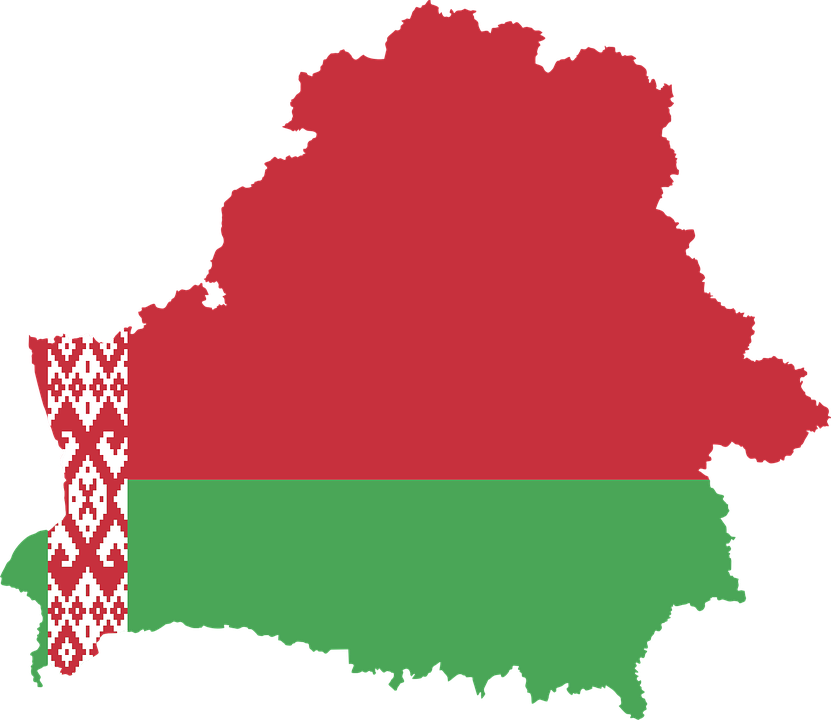Not many can identify where Belarus is located on a map despite its growing importance to the outcome of Russia’s war in Ukraine. Once a satellite of the former Soviet Union, Minsk has maintained close, if at times strained, relations with Moscow. Early in Russia’s war in Ukraine, Belarusian President Alyaksandr Lukashenka offered to allow Putin to again stage nuclear missiles in their silos. It is an offer that Putin has yet to act on. The silos have been empty, but maintained, since the end of the Cold War. Grigory Ioffe is a Russian born professor at Radford University in Virginia, and a graduate from Moscow State University. He suggests the ground truth is that “If there is any leitmotif to the current developments in Belarus, it would be mostly rooted in attempts at socioeconomic survival while avoiding immediate participation in Russia’s war effort against Ukraine.” He points to lingering misapprehension of the country’s character by the exiled opposition to the Lukashenka regime.
Over 90% of the émigré population, according to Ioffe, are indifferent to actual Belarusian national life. He argues the diaspora mirrors the country itself and that “national life” may be misconstrued to fit the taste of a minor group with an indefensible self-esteem. Domestic politics in Belarus belie a regime claiming to welcome back the opposition from overseas while at home “paving over” the country with repressive measures that have contributed to its shrinking economy. Sanctions are expected to contribute to cutting the 2022 GDP by 4% when the final numbers are published. They were imposed on Belarus due to the dictatorship’s support of Russia’s war, have impacted companies, and complicated the Russia-Belarus bilateral relationship. Yury Drakakhrust of Radio Free Europe/Radio Liberty, however, is “convinced” that conditions inside Belarus today may end up making it a good negotiating platform for ending the war in Ukraine in 2023.
Lukashenka must do something for Belarus in the coming months to improve the domestic economic environment. The war is increasing domestic tensions, causing the country to lose IT companies and personnel which contributes to the negative growth in the economy, and narrowing Lukashenka’s options. Recently gains in the IT sector have disappeared as between 16,000 to 32,000 IT specialists have fled the country. Ioffe says that “ To keep the outflow in check, the authorities in Minsk prohibited companies of “unfriendly” countries from withdrawing their shares from those businesses registered in Belarus. Those who stayed and those who left turned out to be vulnerable to Western sanctions.”
Last week government authorities in Minsk decided to legalize “parallel imports,” a term coined to refer to the obtaining, importing, and selling of intellectual property without the consent of copyright holders from foreign countries. Law 241-3 is an indirect result of sanctions placed on Russia.
The publication Svaboda, on January 2, reported that recently, two opposition-minded analysts, Artyom Shraibman and Pavel Matsukevich, debated whether it is expedient for the West to open up a dialogue with Lukashenka and loosen sanctions in exchange for the release of political prisoners. Ioffe says that what both debaters came to a consensus about is that the West has always applied a double standard to human rights, whereby “what it forgives Turkey, Azerbaijan, Egypt and Saudi Arabia, it does not forgive Lukashenka’s Belarus.” They additionally emphasize, he says, that a consistent focus on principles at the expense of interests would have never resulted in Churchill and Roosevelt becoming allies with Stalin in World War II. Drakakhrust writes that he is convinced Belarus’ negotiations with the West over Russia’s war in Ukraine have never stopped. According to Ioffe, that means that the categorical stand of Belarusian democrats-in-exile—that is, no negotiations with Lukashenka—is “not exactly the standpoint of the West, which usually takes guidance from its own interests.” This is similar to 2008 and 2015 when political prisoners were in fact released by Minsk in exchange for the removal of Western sanctions. This could present a potential change in bilateral Russia-Belarus relations and an opening for negotiations to end the war if the Lukashenka regime believes it must respond to the deteriorating economy.
Daria Novak served in the U.S. State Dept.
Illustration: Pixabay
